News
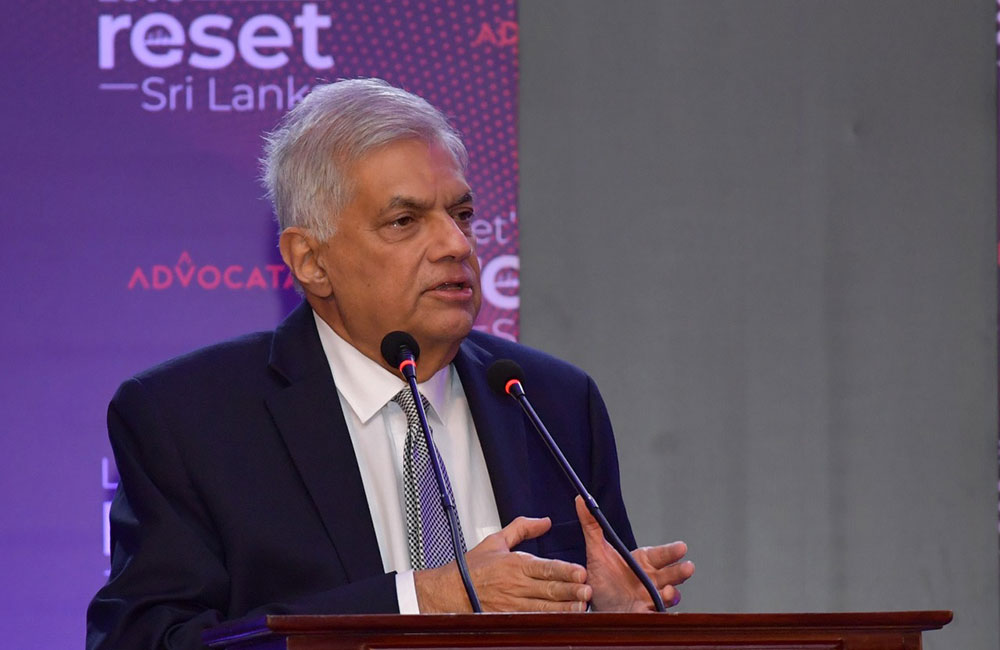
President reiterates, difficult times ahead
President Ranil Wickremesinghe says Sri Lanka has '6 difficult months ahead' as the island nation attempts to stabilize the economy through agreements with the IMF.
Speaking at a forum organized by the Advocata Institute in Colombo today (05), President Wickremesinghe said that the 'way out' for the country is through the agreements reached with the IMF.
"Although people talk of alternative measures, they have not worked out," the President said, emphasizing that first and foremost, Sri Lanka has to enter into the standby agreement, with the staff level agreement with IMF.
"If any member of Parliament or any party says we are not for the agreement, then we have the right to ask what their solution is. All parties must abide by this agreement," he said.
The Head of State also emphasized that although the situation may be bitter, any medicine for recovery is bitter.
"It is certainly going to be a difficult time. I wont say no. The first six months will be very difficult. It will be a period which we have not seen before but we all have to go through this. If anyone have proposals which will make it easier certainly I think we should hear it and the parliament could then decide on these proposals. otherwise we dont have any other way except to bite the bullet," the President added.
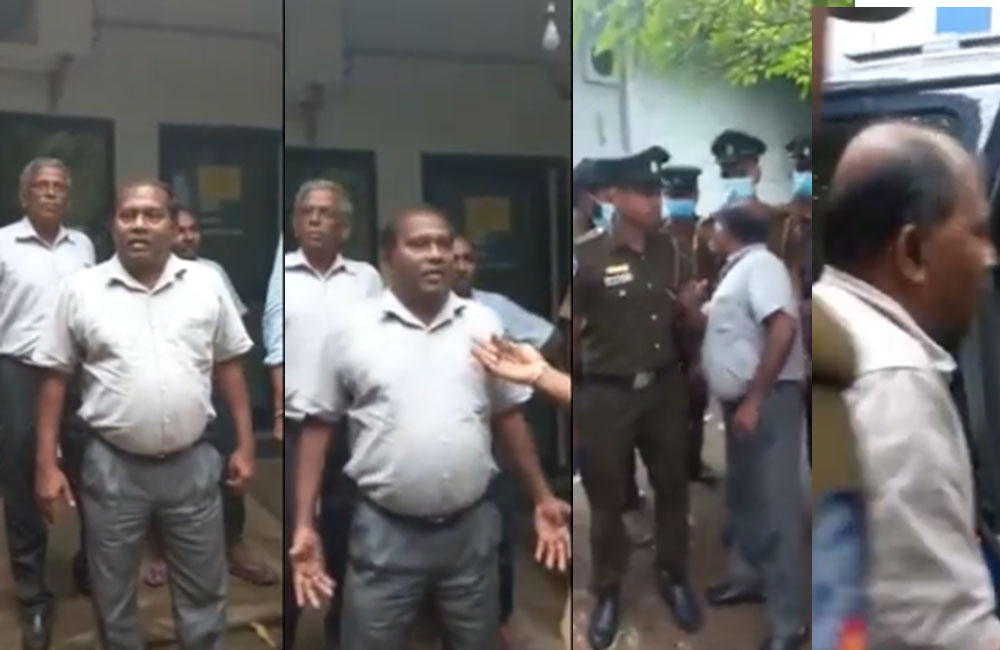
Joseph Stalin arrested
The General Secretary of Ceylon Teachers’ Union Joseph Stalin had been arrested by the Police.
It’s reported that he was arrested for conducting a protest violating a court order.
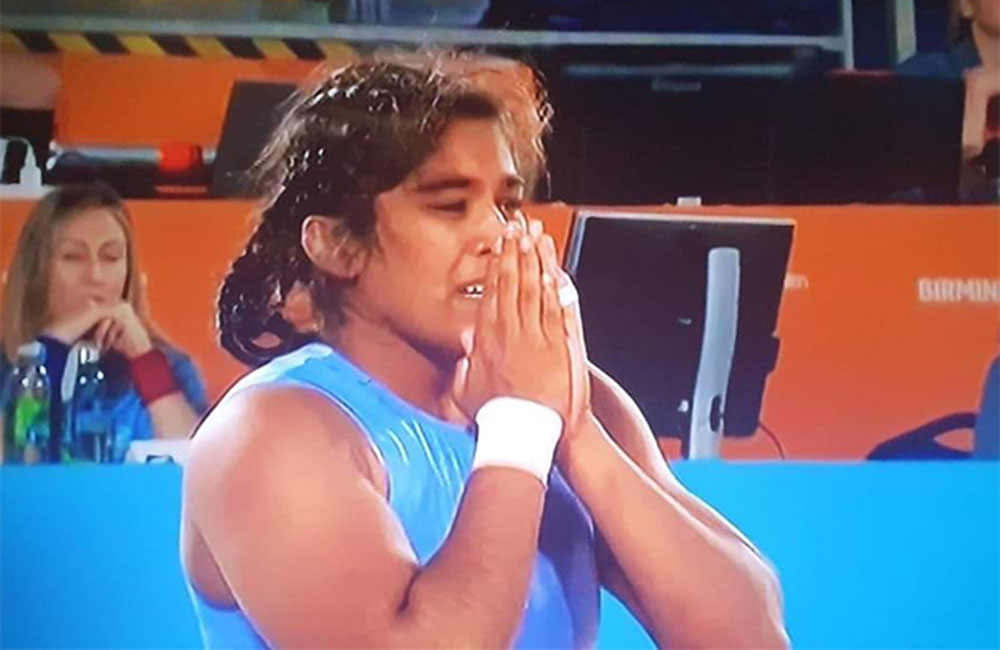
CWG 2022: Sri Lanka’s Nethmi Poruthotage wins bronze in wrestling
Sri Lankan wrestler Nethmi Poruthotage today (Aug 05) won a bronze medal in the women’s 57kg freestyle wrestling event at the Commonwealth Games 2022 in Birmingham.
Earlier today, she was defeated by India’s Anshu Malik in the semi-final stage via technical superiority (without any point scored by the opponent).
However, in the bronze medal match, the 18-year-old successfully secured victory over Australia’s Irene Symeonidis by technical superiority.
This is the fourth medal bagged by Sri Lanka’s contingent at Commonweal Games.
Sri Lanka is currently placed 25th in the Medals Table with one silver medal and three bronze medals.
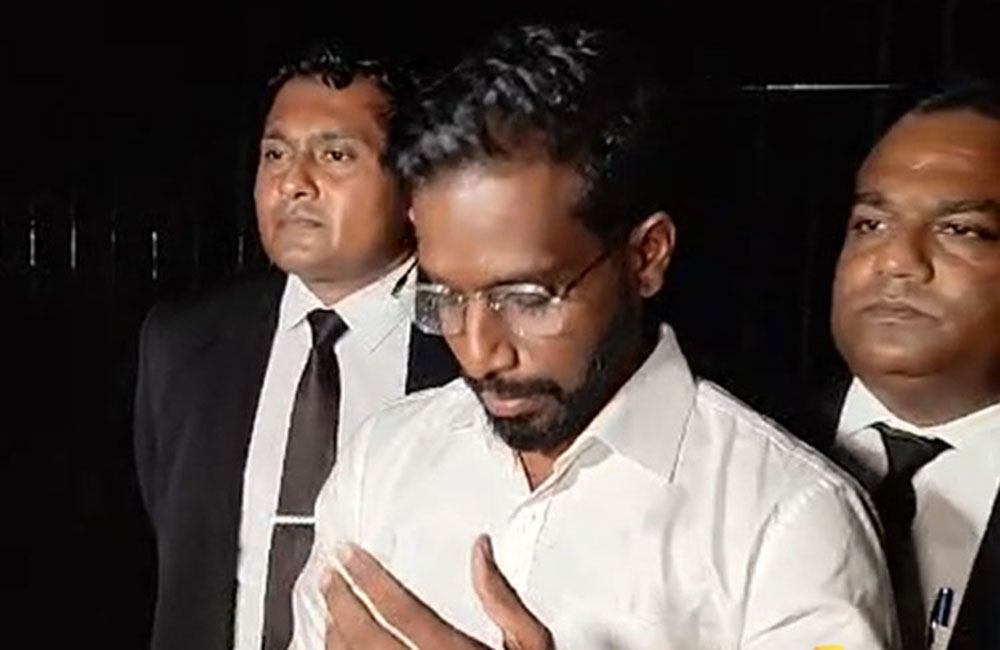
Social activist ‘Ratta’ granted bail
Social activist and YouTuber Rathindu Senaratne, popularly known as ‘Ratta’, has been granted bail by the Colombo Fort Magistrate’s Court.
He was arrested by officers of the Colombo Crimes Division - Colombo Central on Monday (Aug 01), for allegedly violating a court order during a protest at Bank of Ceylon Mawatha in Colombo on 21 May.
Senaratne had arrived at the CCD, earlier on Monday, to record a statement regarding the protest staged near the Polduwa Junction on July 13.
Meanwhile, the Colombo Fort Magistrate has also issued an order barring three persons including social activist Rathindu Senaratne from traveling overseas.
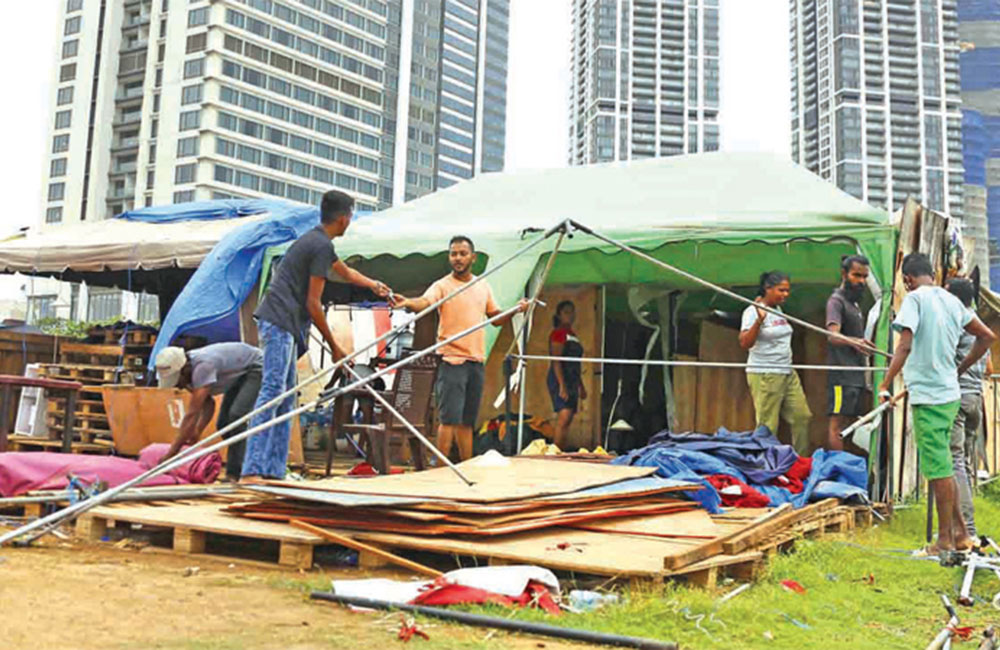
Protesters moving out of Galle Face
St. John’s Ambulance Service which extended first aid services to the Galle Face struggle site withdrew from the premises yesterday.
The ambulance service was available in the protest site to provide first aid for the protesters since beginning and they had vacated the premises following the notice from the Fort Police for the protestors to leave the protest site by 5.00 p.m. today (5). Meanwhile, the protesters were seen removing some of the temporary shelters in the Galle Face protest site following the order by the police on Wednesday and yesterday. However, they reiterated that although they vacated the premises, the struggle to bring the country back to normalcy would not be stopped at any cost.
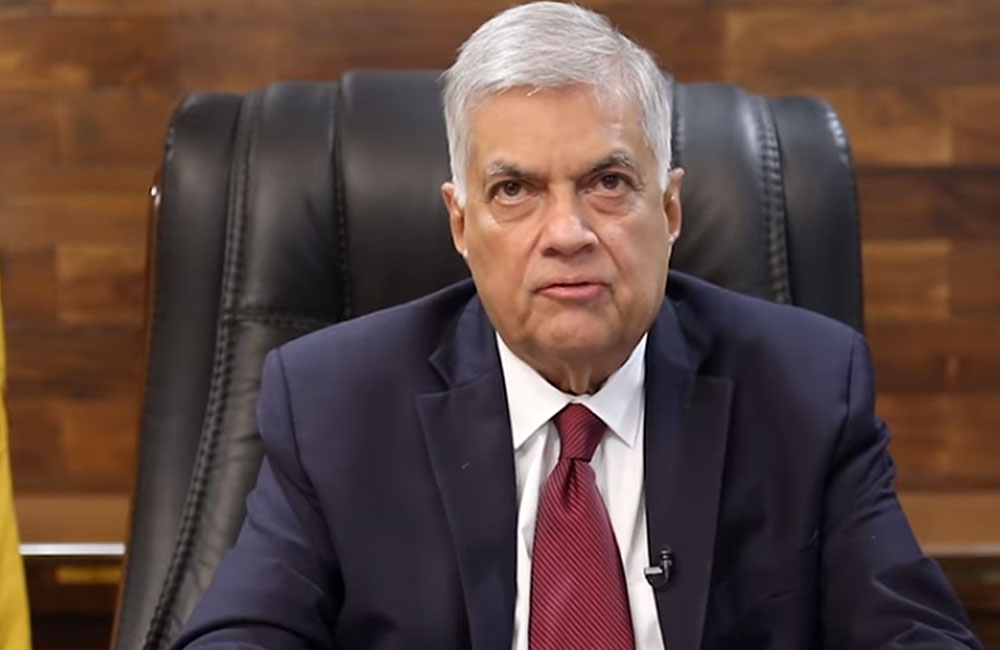
President calls on public to obtain COVID vaccine
President Ranil Wickremesinghe has requested citizens to obtain the COVID-19 vaccine in the face of rising cases.
Issuing a special statement, the President pointed out that the Ministry of Health has issued health guidelines with regard to COVID-19, and requested the public to follow the health regulations properly, emphasizing that the spread of COVID-19 in the country should not be allowed again.
He further stated that 1,731 COVID-19 patients were reported in April, with 26 COVID-19 deaths. This situation decreased to 472 patients in May, with 13 deaths, and decreased further in June, with 283 patients and 3 deaths.
However, in July, President says that the number of COVID-19 patients has increased to 1,616 with 35 deaths, and 28 of these 35 deaths occurred after July 18th.
While 17 million were vaccinated in the first round, it was reduced to 14 million in the second round and in the third round it was reduced to 8 million people.
The President said that only 22,623 people have been vaccinated in the 4th round, adding that people should be redirected for proper vaccination, with emphasis on Western Province.
"There are currently 8 million vaccines in Sri Lanka. This stock can be used till October. Those 8 million vaccines cannot be completed after October, and therefore, a part of the stock has to be given to another country. The vaccine was brought for you. Therefore, I request all those who have not received the vaccine to obtain the vaccine as soon as possible," he said.
President has also mentioned that the Ministry of Health has given its attention to the "Monkeypox" epidemic, which has not arrived in Sri Lanka as of yet.
However, President said that the first step has been taken to prevent the disease from coming to Sri Lanka and plans are being made to provide treatment if necessary.
"We all should think of public health and act accordingly. I request all parties not to give another chance to the COVID-19 pandemic in this country," he added.
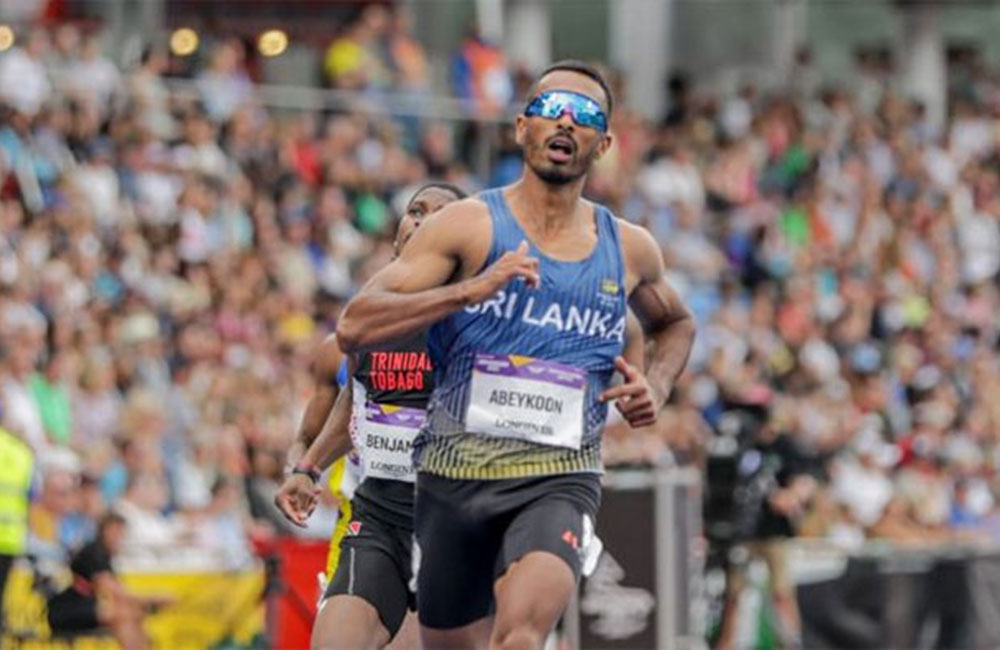
Yupun and Palitha shine for Sri Lanka at Commonwealth Games 2022
Sri Lanka's Yupun Abeykoon and Palitha Bandara secured medals in one night for Sri Lanka at the 2022 Commonwealth Gammes.
Yupun Abeykoon won bronze in the men's 100 m finals at the Commonwealth Games 2022 clocking 10.14 seconds. Kenya won Gold and South Africa claimed silver.
Palitha Bandara won the silver medal in the Men's F42-44/61-64 Discus Throw at the Commonwealth Games 2022 recording a distance of 44.20 m.
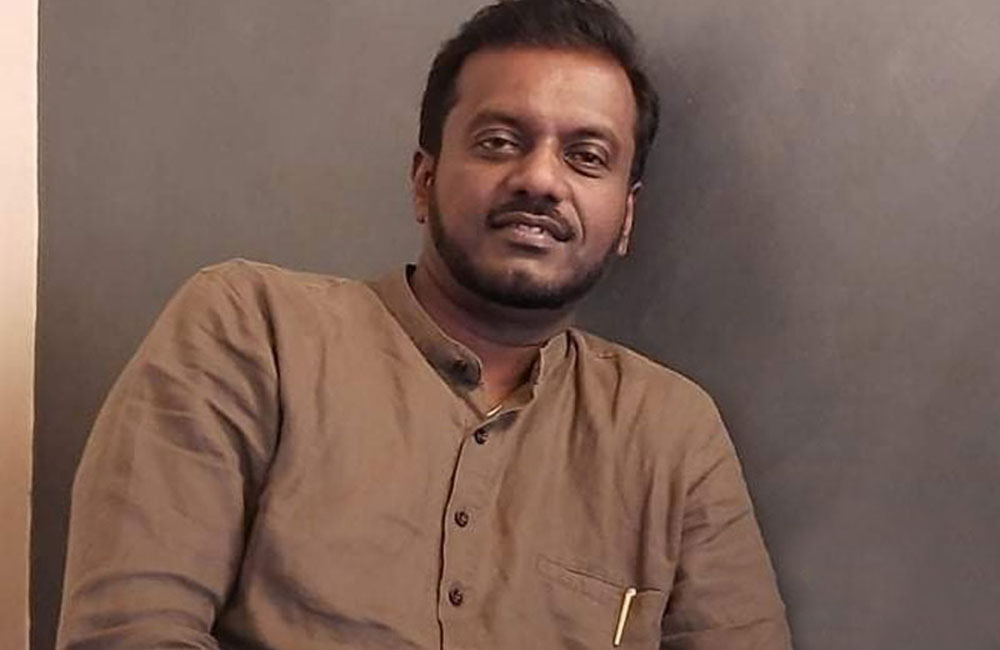
Saman Ratnapriya appointed DG Trade Unions to President
Trade union leader Saman Ratnapriya has been appointed as the Director General of Trade Unions to President Ranil Wickremesinghe.
The President’s Media Division stated that the President has appointed him to this position under Article 41 (1) of the Constitution of Sri Lanka.
The relevant letter has been issued by the Secretary to the President, Saman Ekanayake.
Ratnapriya is the President of Government Nursing Officer’s Association.
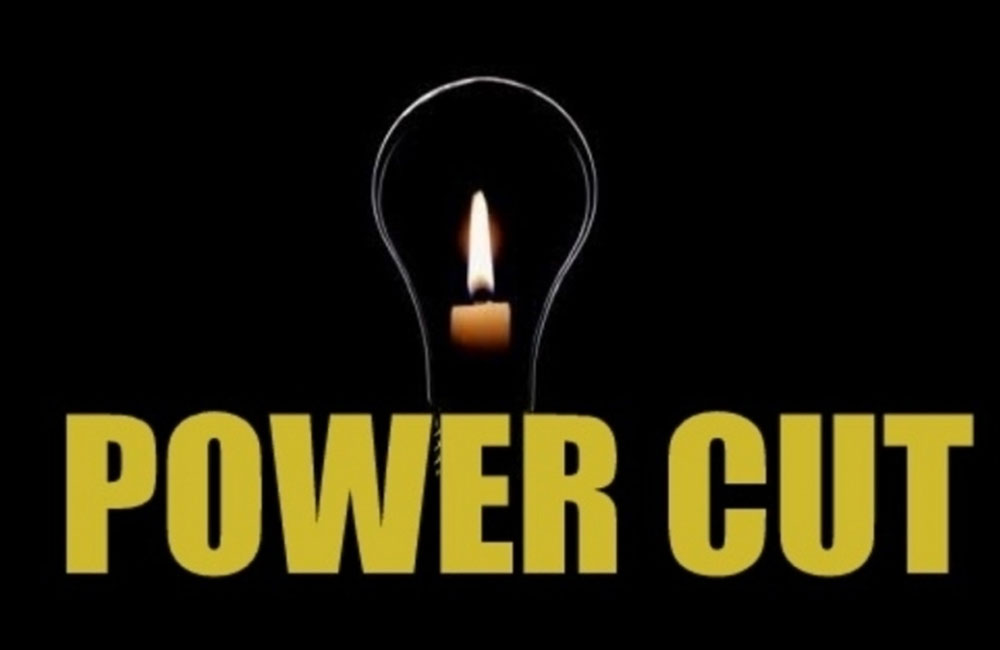
NO power cuts on 6th & 7th August
The Public Utilities Commission of Sri Lanka (PUCSL) says no power cuts will be implemented for tomorrow (6) and the day after (7).
The power cut for today (5) will only be imposed for one hour, PUCSL said.

CPC lowers Lanka Auto Diesel by Rs.10 from today
After amending the fuel prices, the Ceylon Petroleum Corporation (CPC) has taken measures to reduce the price of a litre of Lanka Auto Diesel by Rs. 10 with effect from 10.00 pm today.
Accordingly, the new retail price of a litre of Lanka Auto Diesel will be Rs. 430.
Meanwhile, there will be no changes in the prices of petrol, kerosene and other diesel varieties.
The retail price of a litre of Lanka Petrol 92 Octane is Rs.450, Lanka Petrol 95 Octane Euro 4 is Rs.540, Lanka Super Diesel 4 Star Euro 4 is Rs.510 and Lanka Kerosene is sold Rs.87.
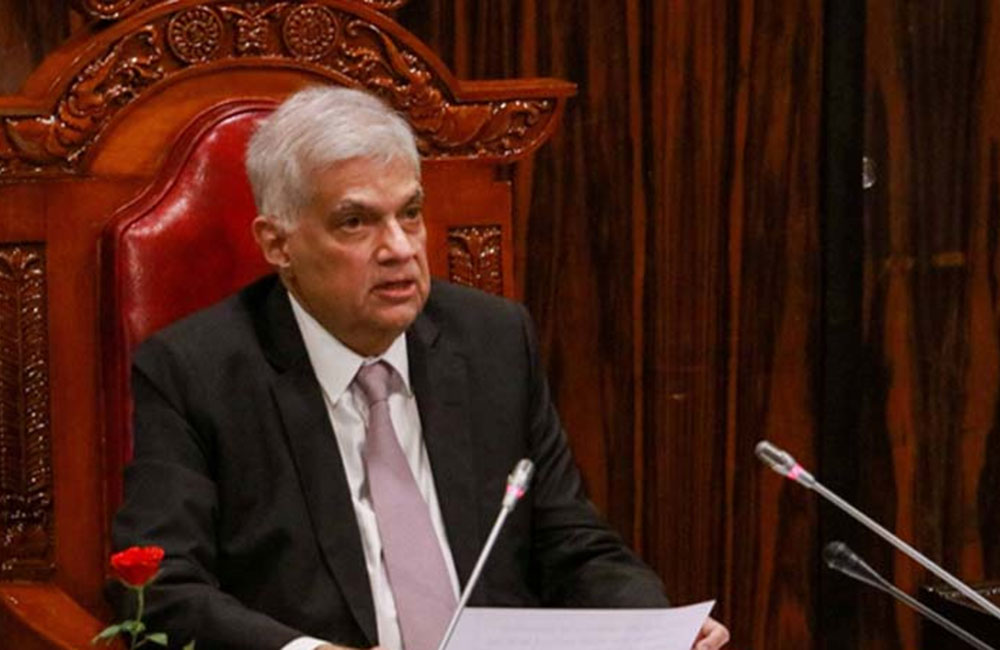
Law is the same for you, me and everyone – President
Sri Lankan President Ranil Wickremesinghe said that he would establish an office to protect the peaceful protesters and support them.
"I will not allow any kind of prejudice to the peaceful activists," said the President while noting that some groups are trying to spread huge propaganda through social media that he is hunting down the protesters, which is not true.
If any injustice occurs to a peaceful activist, that person can call the 24-hour dedicated line and file a complaint, he said while adding that a Committee headed by a retired judge will examine the complaints and take necessary measures, accordingly.
If there are individuals who have participated in such illegal activities either unknowingly or due to the influence of others, a plan will be prepared to act sympathetically towards them.
"However, if there are individuals who intentionally violate the law and engage in violent and terrorist acts, legal action will be taken against them. I will not allow anyone to act outside the law. The law is the same for you, me, and everyone," said the President.
The law will be applied equally to the people who attacked the peaceful protesters on 09th May and those who are engaging in violence and terrorism under the guise of the struggle. "I will ensure that there is no political intervention in this process," he added.
"The struggle that started all over Colombo expecting system change was later centralized in Galle Face. This was expanded to several major cities in the island. This struggle was conducted on a non-violent basis and creative manner. These activists did not commit any act of violence. Therefore, families joined the struggle to express their protests. Parents were not afraid to even bring children to the places of protest," he commented on the original protests dating back to April 2022.
"Protesters once digitally illuminated the walls of the Presidential Secretariat, without any harm. Although, later this non-violence was suppressed and violence emerged, with certain politicized groups that became stakeholders. By indulging in violence the protests turned towards terrorism," he noted.
The President said he will not allow violence and terrorism. However, will protect non-violence and democracy. The peaceful struggle is a fundamental right. I accept those rights, he noted.
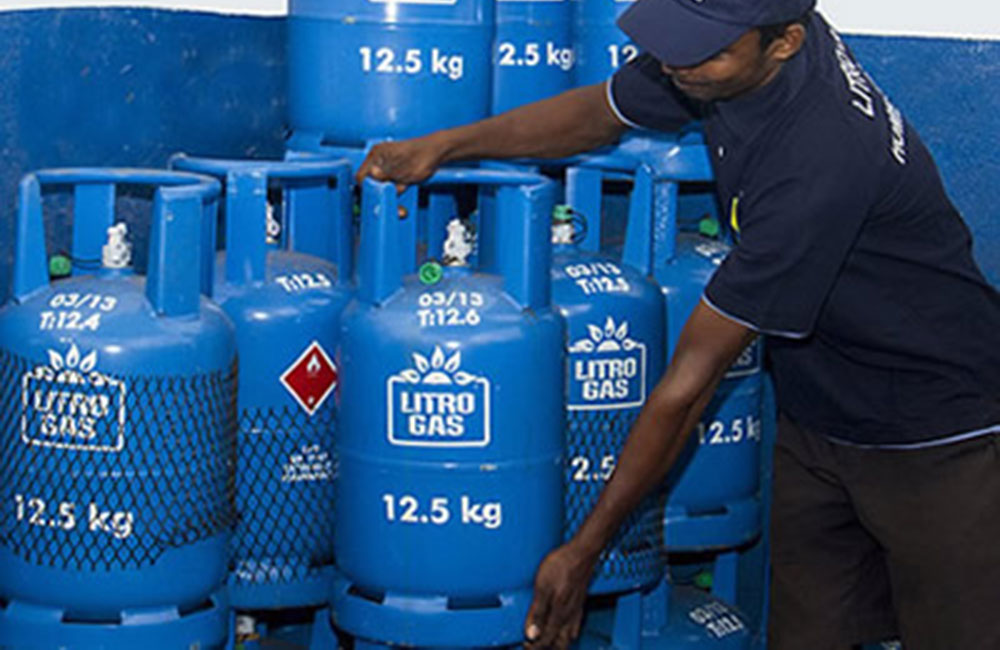
Litro Gas price to be reduced
Chairman of Litro Gas informs that the price of domestic gas will be reduced from 5 August.
Speaking to the media today (1), he said that the gas price in the global market is expected to be reduced by 5 August. In line with this, the prices of Litro domestic gas cylinders will also be reduced.
He hinted that gas prices will be reduced by more than the recent increase.
“We will reduce the price by more than the last increase. We increased it by around Rs. 50. But we will definitely reduce it by a lot more.”
Page 170 of 534